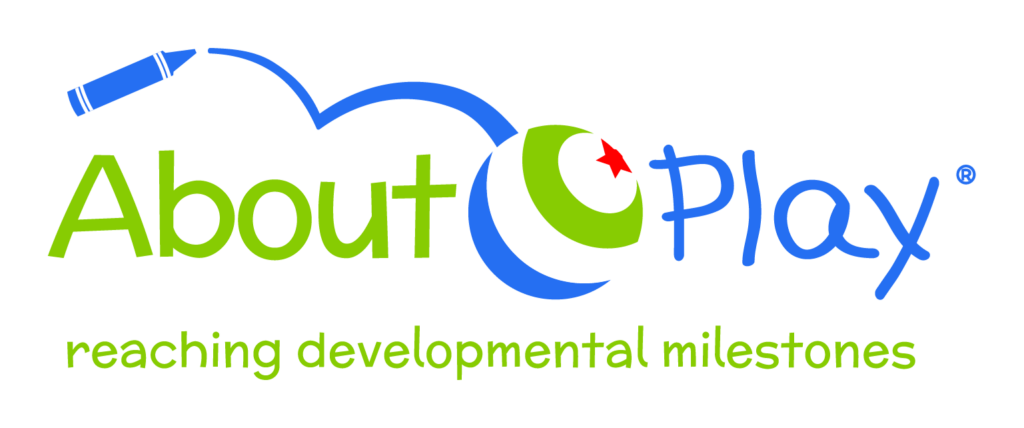Blog

Is your Child Developing Slowly? Know The Signs To Look For
Gross and Fine Motor Delays
Delays in motor development may signal genetic conditions such as Down Syndrome or neuromuscular disorders such as cerebral palsy or muscular dystrophy.
Cognitive Development Delays
Cognition is the process of gaining knowledge through the use of judgment and perception. If your kid lags behind other children in their capacity to acquire knowledge through their experiences, thoughts, and senses, they are most likely cognitive delayed. Jean Piaget, a renowned child psychologist, came up with the Theory of Cognitive Development in which he highlighted the developmental milestones of a child from birth to 12 years old and up. These milestones are divided into 4 stages. From birth up to 24 months, the child should progress from reflexive behavior to performing simple repetitive acts to imitate. If the child has difficulty learning and using his or her senses, you might suspect Autism Spectrum Disorder (ASD). From 12 to 18 months of age, ASD is characterized by not initiating eye contact, disinterest in people, unresponsive to their own name being called, inability to imitate gestures such as “Hi” and “bye-bye”, difficulty recalling vocabulary that they already used.
Language and Speech Delays
This parameter is a bit tricky since this is influenced by a lot of factors like how frequently you are talking to your child, the number of languages utilized in your household, your active role in the child’s acquisition of new vocabulary.
Language refers to the tool that your kid uses to be able to express their thoughts and how they receive information, while speech refers to the manner of verbal communication.
Things to look out for are:
- Does not babble by 3 to 4 months
- Does not respond to loud noises
- By 12 to 15 months – unable to say two to three simple words
- By age 2 – can’t follow simple directions or put 2 words together
- By age 3 – unable to speak in brief sentences
- By age 4 – the child’s manner of speaking is not understood
Here at About Play, we provide services that cater to the particular needs of your child, we will guide and assist you throughout the process of improving their outcomes. Get in touch with our professional team of Early Interventionists!




